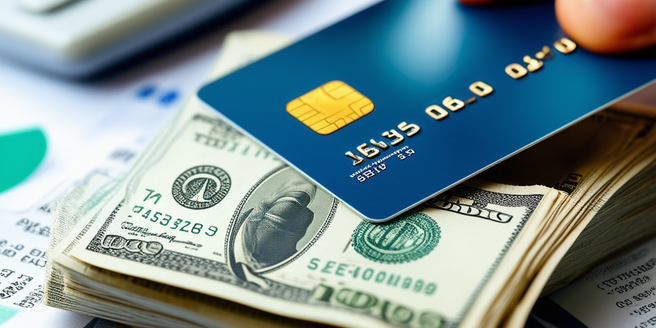
Understanding Secured Credit Cards
Secured credit cards are a type of credit card that requires a cash deposit as collateral. This deposit acts as a security for the lender in case the cardholder defaults on their payments. Typically, the credit limit on a secured credit card is equal to the amount of the deposit. These cards are especially useful for individuals who are looking to build or rebuild their credit history. Since they report to the credit bureaus, timely payments can help improve your credit score over time. However, it is crucial to understand the fees associated with secured cards, as they can sometimes be higher than those for unsecured cards.
Understanding Unsecured Credit Cards
Unsecured credit cards are the most common type of credit cards and do not require any collateral. The credit limit is granted based on the individual’s creditworthiness, which is assessed through their credit history and income. These cards offer greater flexibility and often come with various rewards programs such as cashback, travel points, or other perks. However, because they do not require a deposit, the risk to the lender is higher, which can result in higher interest rates for the cardholder. Maintaining a good credit score is essential to qualify for an unsecured credit card with favorable terms.
Pros and Cons of Secured Credit Cards
One of the main advantages of secured credit cards is that they provide an opportunity to build or rebuild credit. The required deposit ensures that the lender is protected, making it easier for individuals with poor or no credit history to get approved. On the downside, secured credit cards often come with higher fees and interest rates compared to unsecured cards. The initial deposit can also be a barrier for some people. Additionally, the credit limits tend to be lower. It is important to use these cards responsibly and make timely payments to see the benefits on your credit report.
Pros and Cons of Unsecured Credit Cards
Unsecured credit cards offer a range of benefits including the ability to earn rewards and avoid the need for a security deposit. They also typically offer higher credit limits than secured cards. However, qualifying for an unsecured card usually requires a good to excellent credit score. Interest rates on these cards can also be higher, particularly for those with lower credit scores. Responsible use of the card can help improve your credit score over time. Mismanaging an unsecured credit card can lead to significant debt and negatively impact one’s credit score. It’s vital to read the terms and conditions carefully and use the card wisely.
How to Choose Between Secured and Unsecured Credit Cards
Choosing between secured and unsecured credit cards depends largely on your credit history and financial goals. If you are just starting out or need to rebuild your credit, a secured card may be the better option despite its higher fees and lower limits. For those with an established credit history, an unsecured card may offer better rewards and lower overall costs. It’s essential to evaluate your financial situation, consider the fees and interest rates, and choose a card that aligns with your objectives. Always read the fine print and understand the terms before making a decision.
Common Myths About Secured and Unsecured Credit Cards
There are many myths surrounding secured and unsecured credit cards. One common misconception is that secured cards are only for those with bad credit; in reality, they can be a useful tool for anyone looking to build their credit. Another myth is that unsecured cards are always better than secured ones. While unsecured cards offer more perks, they can also come with higher risks and costs if not managed properly. It’s also untrue that the deposit for a secured card is lost forever; it is usually refundable, provided you make your payments on time. Understanding these myths can help you make an informed decision.
